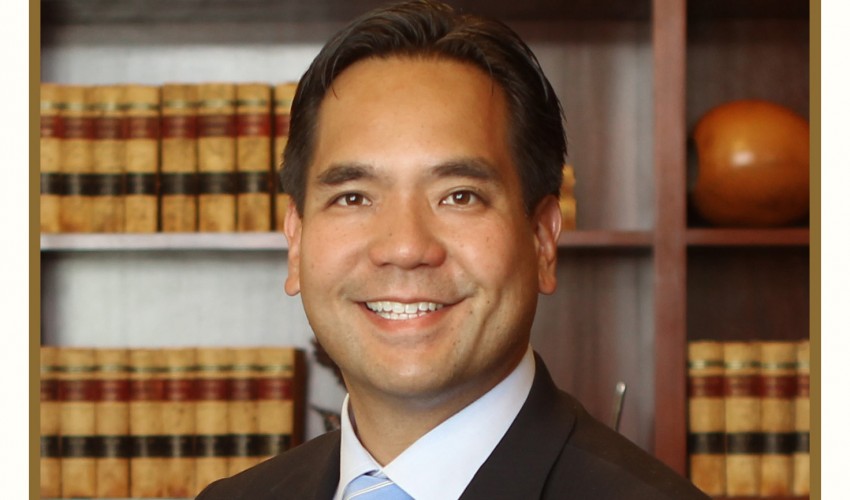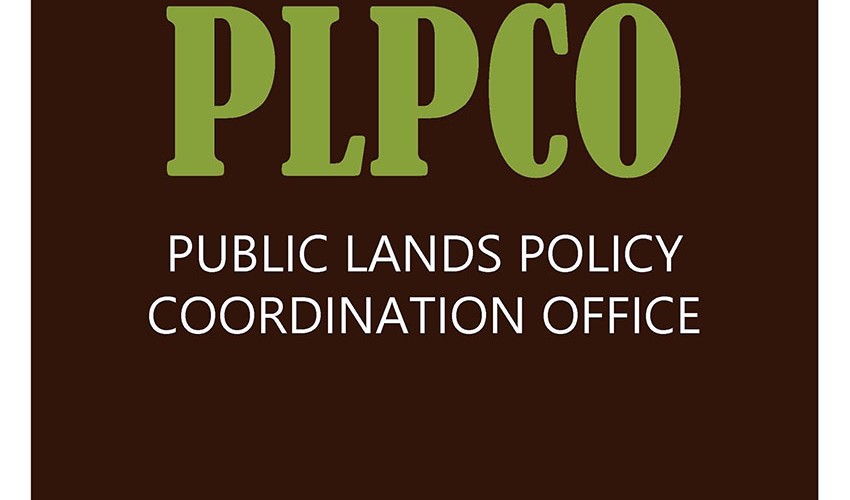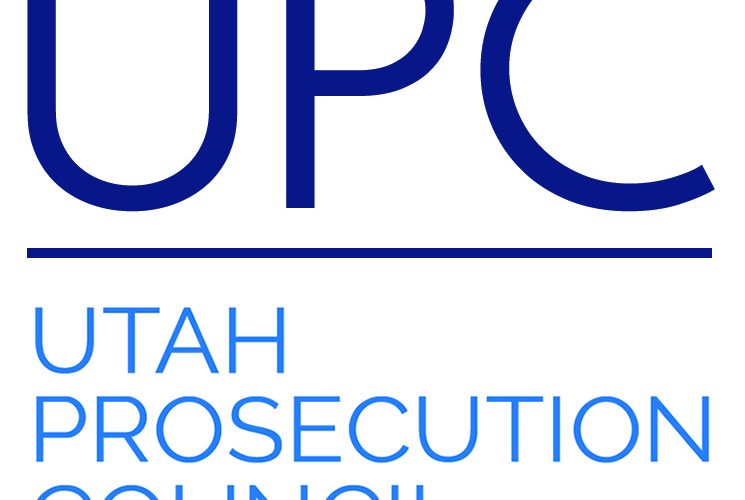Dec. 3, 2014 — “One of the pillars of our constitutional form of government is a separation of powers, vesting in Congress the power to legislate and in the Presidency the duty to faithfully execute the law.
However, by executive fiat this past Thursday, President Obama obliterated that pillar and circumvented safeguards that provide order to our republic.
Regardless of how one feels about immigration policy, the President’s process of new policy implementation should be of great concern to us all. There is a proper role for Executive Orders, in harmony with Congressional intent. But this is not it.
The President justifies his actions as being borne out of frustration—as if indignation alone can endow him with a power he has readily acknowledged is not his.
In 2010, President Obama said, “I am not a king. I can’t do these things by myself.” He was responding to the idea of rewriting immigration laws unilaterally. In other words, he was saying he did not have the authority to take “executive action” on immigration.
Also in 2010, he said “such an indiscriminate approach would be both unwise and unfair.” In 2011, at a Univision town hall, he said ignoring the laws on the books “would not conform with my role as president.”
As recently as March of this year, he said “I cannot ignore…laws that are on the books,” noting that he is “constrained in terms of what I am able to do.”
By one count, President Obama said 22 times that he lacks the constitutional authority for such executive action.
Now, though, he’s doing exactly that, ignoring the law and usurping authority the Constitution has vested in Congress, not the White House. He either changed his mind completely in just a few months or lied to the country—over and over again.
As the Attorney General of Utah, it is my job to defend the laws of our state and I take the rule of law seriously. I swore an oath, just as President Obama did, to “preserve, protect and defend the Constitution of the United States.” Americans should be concerned, outraged even, that our president would ignore that oath for political expediency.
It’s hard to understand how the president could go back on his word in such dramatic fashion. What changed?
For one, the President is no longer accountable to voters. He’s not up for re-election and his party lost badly in the mid-term elections. And when a new Congress takes office in January, he will face a Republican controlled Congress that is ready to take up immigration issues for the first time during his two terms. Politically speaking, the president has nothing to lose.
Unfortunately, the country has a lot to lose when a president ignores not only the limits to his power but also the will of the American people expressed through our representatives. It weakens the entire constitutional order and our system of checks-and-balances.
If the president thinks he has the authority to act unilaterally, what can’t he do? Can he justify any action? What else will he try to do in his final two years? And what further precedent does this set for future Presidents of any political party to ignore constitutional safeguards.
In February of 2013, during a White House Google hangout, President Obama said, “I’m the President of the United States. I’m not the emperor of the United States. My job is to execute laws that are passed.” That was true then. That is true now. I had hoped, for the sake of our country and constitution, that President Obama actually believed that.”
























